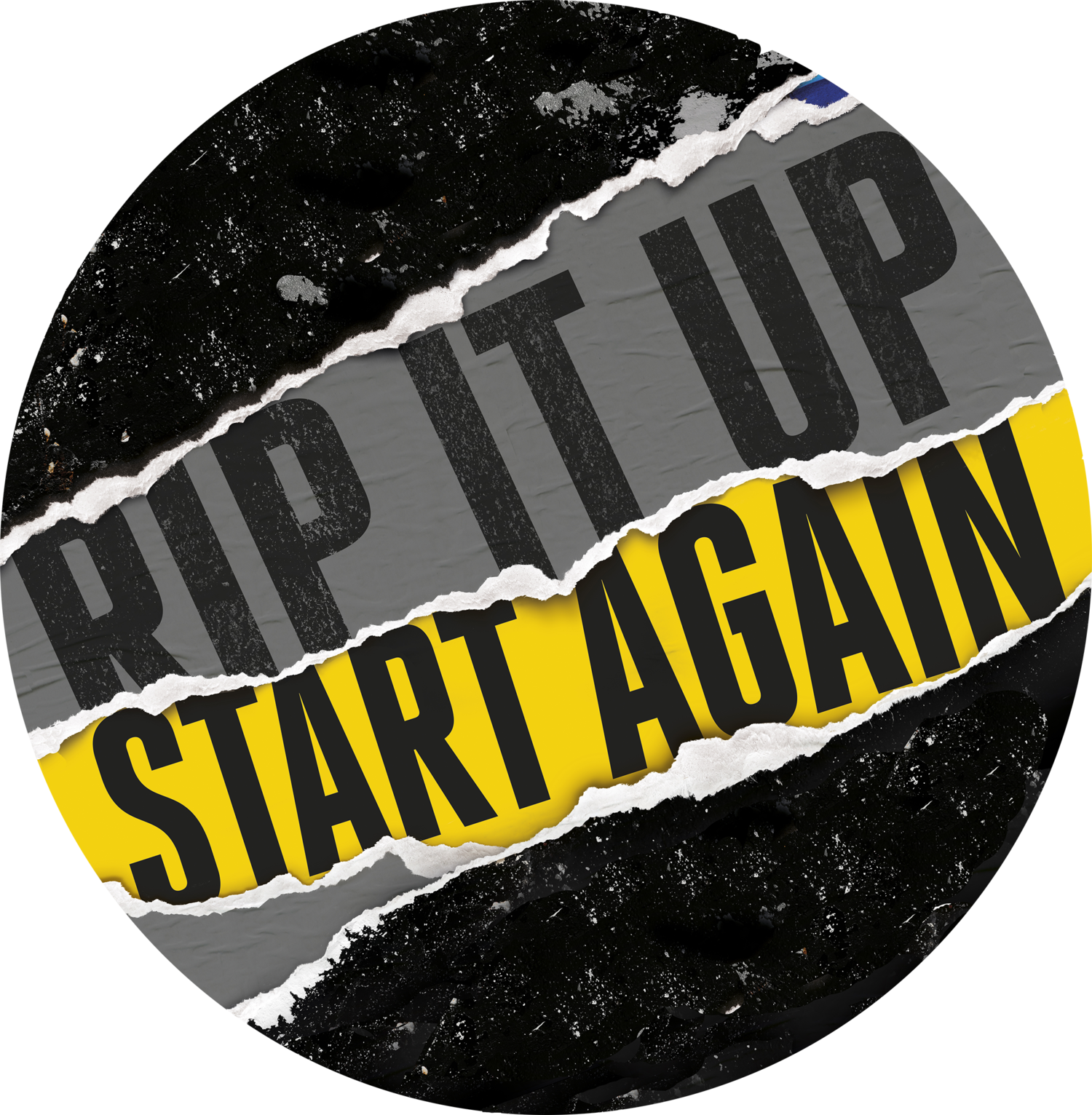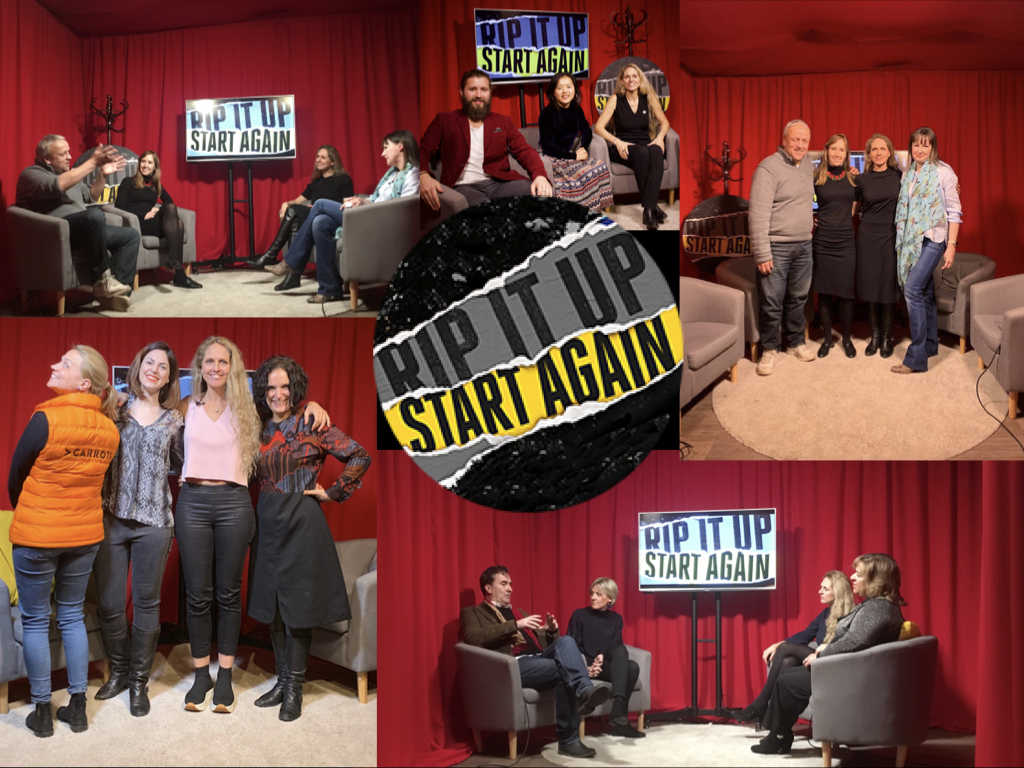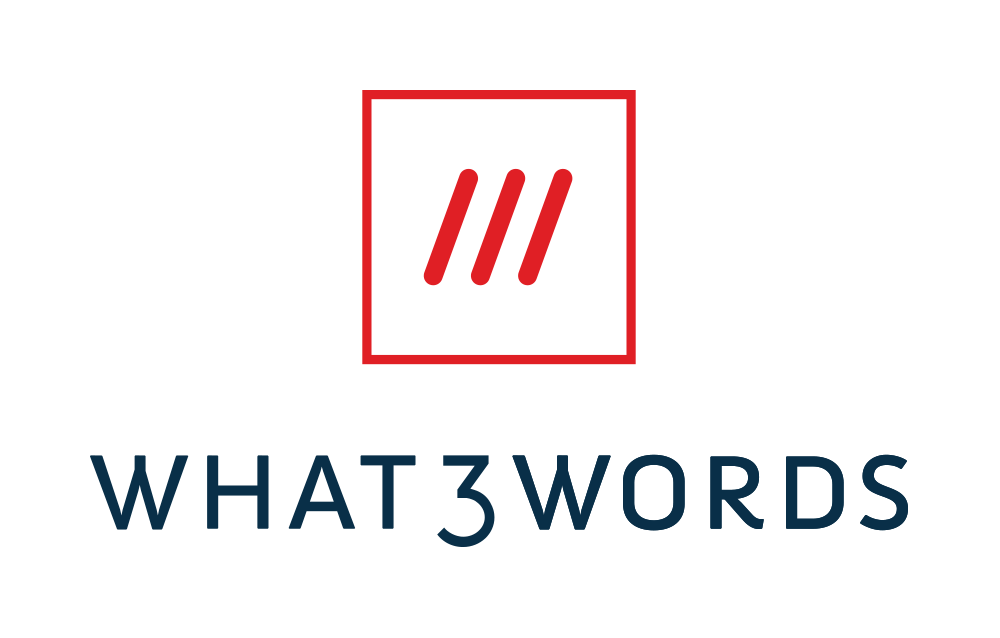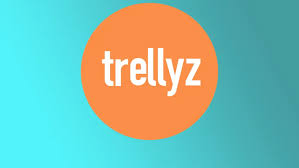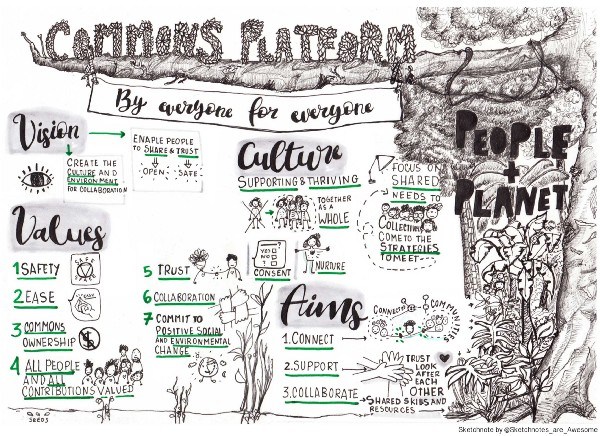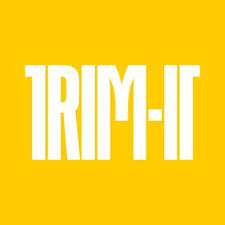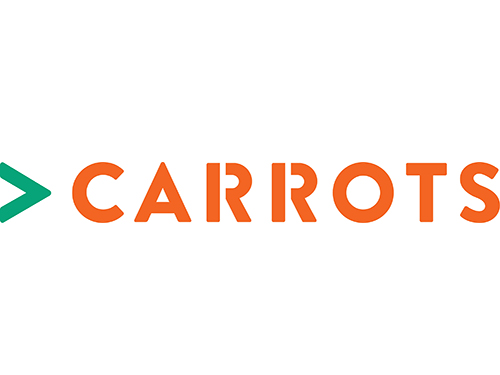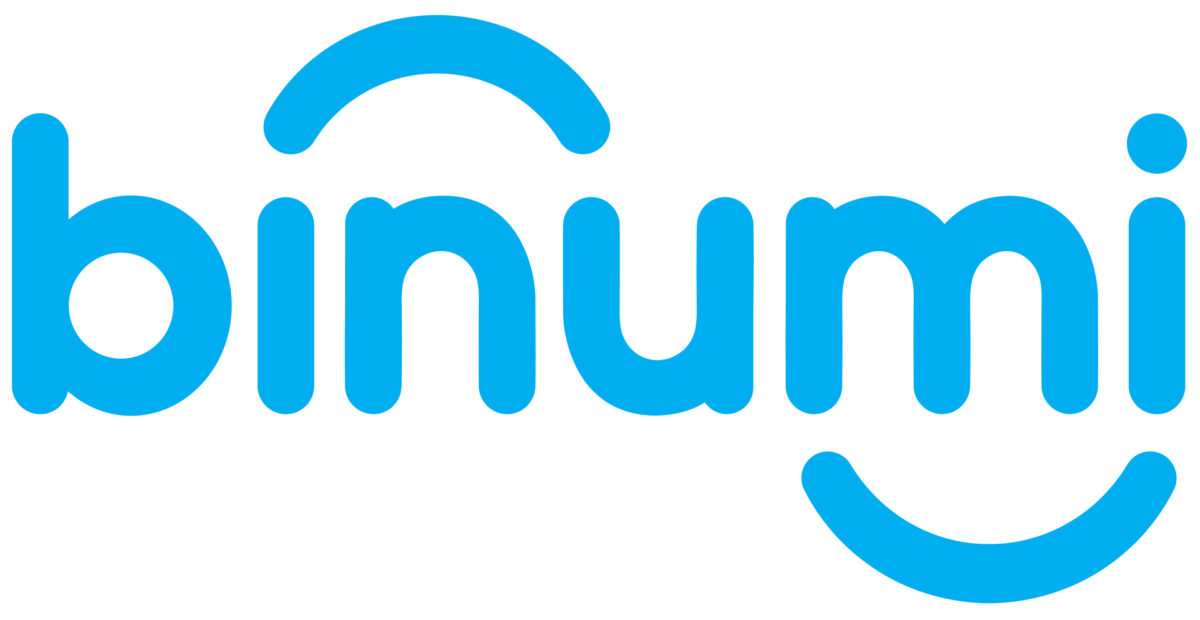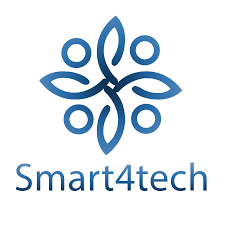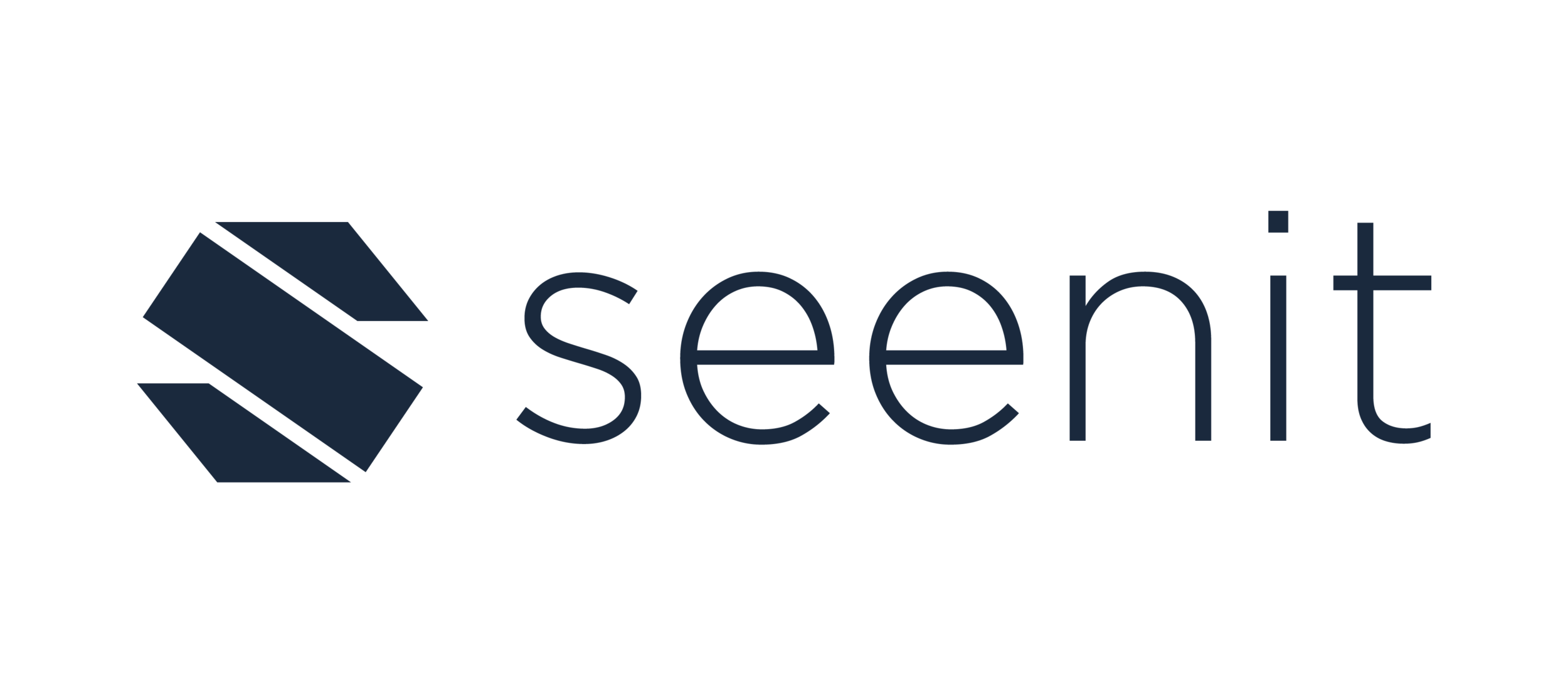Round 9: Umbrella Analytics | bidweg.com | Smart4Tech
/Rip It Up, Start Again have partnered with Disruptive.Live to bring you disruptor stories from some of the most exciting startups. Hosted by Lulu Laidlaw-Smith, this televised event includes a series of five-minute overview and backstory from entrepreneurs followed by an interactive Q&A. At the end of the episode, viewers get to vote for which startup they would invest in. Check out The Poll page to vote!
SPEAKER #1 Nancy Roberts | Umbrella Analytics
Nancy’s background working in the publishing industry for 20 years taught her a thing or two about language. Words can be used to lift people up, but it can also bring them down. After climbing the corporate ladder as any ambitious young woman would, Nancy realised that the top came with all the same issues she noticed at the bottom — exclusivity, sexism, racism, and a lack of diversity that was becoming more and more apparent. To her it was clear that ‘Big Business’ didn’t work anymore. The moulds that had been set for people to fit themselves into made no sense. Why make the person fit the mould, when the mould could be made to fit the person? Nancy took to her friends and colleagues, asking whether the things she experienced in the workplace were universal. The feedback was astounding and unanimous; most people she knew had dealt with some kind of adversity in the workplace — discrimination based on racism, sexual orientation, religion, ethnicity, all of the things that make people unique and vital to a dynamic workplace environment. She believes wholeheartedly that diversity is essential for a business to thrive. The more voices being heard, the greater chance of creativity, innovation, and ultimately, success. Umbrella Analytics uses AI technology to work with HR teams, giving them the tools and information they need to understand how to effectively diversify their workplaces, creating spaces that are inclusive, progressive, and safe for all employees. Find out more at www.umbrellaanalytics.net.
SPEAKER #2 Shon Alam | bidweg.com
For years, Shon and his family would go on holiday around Europe and America, always having to go through the gruelling process of taking pounds into the bank and exchanging them out for new currency. Without having any other option, Shon never gave much thought to how one-sided the system seemed to be. That is until two years ago when him and his son were planning a trip and both needed to get their hands on some American dollars. Shon stuck to the traditional route of going through his bank, which of course mean’t losing out money on fees and less than ideal exchange rates. His son tried something different. He reached out to his colleagues at work, asking around to see if anyone had leftover money from holiday that they would be willing to trade. Suddenly, it hit Shon. Why not remove high street vendors and currency wholesalers from the equation, and keep the money within a community of people that all want to get the best deal on exchange? Thus, bidweg was born. The mail-in service allows currency to be handled within an online community, getting everyone the best rate possible on exchanging money with security and ease. Less hassle, more money in your pocket. What’s not to love? Find out more at www.bidweg.com.
SPEAKER #3 Anna Poberezhna | Smart4Tech
Water sustainability and the future of our environment has always been on Anna’s mind, and she’s always known that both would be a challenge. She also knew that one of the best ways to face this challenge would be to combine technology with data, to create a system of information that was comprehensive and community-driven. At university, when blockchain technology was in its very early stages, Anna endeavoured to explore its uses, and was insistent that it would become the backbone for gaining sustainability in all sectors relating to global economy, especially in the water industry. Smart4Tech was born after five years of work, all with the motto of “efficiency, transparency, legitimacy” kept in mind. Anna’s platform allows data to be collected using blockchain technology, and outlines all the information needed to track how much water is being used, how much water is being wasted, water being treated, and even the fluctuation in water quality by consumers, big and small. By making this data public and entirely transparent, the Smart4Tech platform ensures empowerment is given back to the communities that are directly effected — not just the average user, but corporations that want to continue creating sustainable futures with their responsible water usage, treatment and replenishment. Find out more at www.smart4.tech.
Q&A HIGHLIGHTS
On problems solved...
Nancy Roberts: “The big problem I’m solving kind of has two aspects, a little bit like some of the conversations we’ve been having. For me, the reason I’m interested in it is as a social justice issue, I’ve always been interested in what kind of discrimination and bias prevents people from having the same access to the same levels of success, however you define that success, it could be professional, financial, whatever your personal measure of success is. The reality is that we know in society hat not everybody has an equal access to all the advantages that we have. So there’s a kind of social justice for me, but it’s also a big problem for business because we know that a lack of diversity in business costs organizations money, we know that more diverse organizations innovate more, they make better decisions, they’re more resilient, they make better profit in many cases. To unpick exactly how you achieve that is quite difficult, but the sort of overriding principle is that the more different voices you’ve got in the room, the better and stronger your business is likely to be, but yet the way the business world works, is very much hoping that people will conform."
Shon Alam: “We believe that we’re actually resolving the issue regarding the banks and wholesalers in FX specifically, so we don’t need the currency, the rates, so there’s a mid rates as everybody knows, and they sell to suppliers, and everything comes off of that. By using the community, which is what we do by buying their unused currency, we’re able to walk away from the currency rate. That’s how we can give such good rates to sellers, with focus solely on sellers, and then the buyers come in to take what we can accumulate. If we have to get involved with banks and wholesalers, we’ll just shut down.”
Anna Poberezhna: “Our big problem is water security on a global scale, but it’s also managing the water governance because the problem isn’t that we don’t just not have enough water, but the big problem is how we manage the water. Before, we used to have a lot of centralized systems, but right now we’re more moving towards decentralized systems. So what it means is the industries can literally treat the water on-site and put it back into the environment, into their systems, however we need to have a very solid transparency mechanisms there and reporting mechanisms to make sure we don’t make it worse and in order to do that, we need open system platforms, we need digital platforms. It’s transparency…we kind of put everything onto blockchain, some things have to be private due to regulations, what facilities, what type of information they share, but to speed up the transformation in the water, we need to use that we are equipped right now with the right technology.”
On trust...
Nancy Roberts: “Trust is really, really important. There’s an interesting disjunction between employees and employers when I have these conversations around looking at their data. If I go and speak to, let’s say, an HR director or a CEO, they’ll say, “We can’t ask our staff to tell us their, you know, sexual orientation or their ethnicity or any of these sensitive, personal characteristics”, which is an understandable position for them to take, right, because it’s sensitive data and they don’t want to upset their staff but equally, when I speak to employees, they say, “If I knew that data was being used to address the issues, I’ll tell you. I’ll happily fill in that survey and identify myself as my religion, my sexual identity, whatever,” so there’s a question there about the trust both ways. Employees are actually more open to this than organizations realise.”
Shon Alam: “Simply trust for us is we’re building the brand and asking people to use our service, literally because everything is so simple, we’re asking them to put unused currency into an envelope, write an address on it, and send it to us. We’re becoming a whole concept to revalue the currency exactly for you, and it seems too good to be true. You post it into the post box, and it’s all insured for you, you’ll have registered already so we’ll know everything about you, and the trust between us and you and bought there. And Royal Mail. Obviously we’re using a huge service like Royal Mail, all our testing so far has shown that we haven’t had any failures with anything.”
Anna Poberezhna: “[Trust] is a core to the solution, because it affects legitimacy, it affects efficiency and it affects accountability. So let’s say I’m a pipes producer — so because right now we have environmental requirements where raw materials is coming, how much energy is consumed, how much water consumed, how much been recycled, what types of materials been recycled where they want, and we all move into the circle economy. So we’re moving away from the linear production. Get the source, put the pipe, by the end of the pipe, the supply to the customer. So right now, we look into redesign at the very beginning. To redesign at the very beginning, there are processes with the product. We need to understand the data; that data has to be transparent, that data has to be trusted and verified and analyzed in conjunction with the other factors and that’s why this is probably the core issue here because without the trust we cannot do much of anything, we cannot exchange information, we cannot exchange of transactions, we cannot exchange the value on the transactions, and we cannot verify the validity of the assets and their qualities.”
On validation…
Nancy Roberts: “For me it was really just going out and talking to employees to say, “This has been my experience, this is how I’ve been made to feel by the workplace”, and just trying to figure out if other people had similar experiences, so I started very much just [asking] tell about your working life, tell me the compromises that you make which could be big or small, it can be that I’ve had to give up my career to look after my kids or it could be a very small thing like I had to get up at 4:00 in the morning because it’s the only way I can do all the things that I need to do, you know, so just talking to people and saying how do we, how do you want to address this, how we tackle this? And most people were saying it’s about the way that the world of work is organised, it’s not organised to reflect this society that we now live in and the kind of values that we now have and the lives that people want.”
Shon Alam: “You know, when [my son] came home and said I’ve got this for that…you know I just looked and double-took, and went, “How did you do that?” And he went, “Well I did this, and I sent an email out to the rest of the company, and got three or four people, and they’d all got dollars and that was it”. And that’s how we started, we just built it and built it. It was literally as simple as that, and I was lucky enough to meet one or two people who are completely diverse to me, I mean, I’m the idiot as such, they’re the professionals. I’m working with some really good people as far as [technology] is concerned. They’re mentors and guides, I mean I knew I needed a banker, I’ve got a banker, and I’ve also got somebody…you know the banker can take me through the ins and outs, what you can and can’t say.”
Anna Poberezhna: “I wrote my dissertation on sustainability and innovation, and that this came from, and when the Dean, the director of the course, challenged me, “No, you can’t write about blockchain”, because there’s no research in blockchain because it was 2016, and I said how technology comes in here and how we’ll bring forth accountability, legitimacy, efficiency…[he said] “No, you can’t write it”, I said, “Yes, I will”, he said, “I will lower your mark,” I said, “Okay, lower my mark.” I wrote a lot on blockchain. I was at the time in a university startup challenge, blockchain as well, so I literally brought it and it gave me a kickstart into combining the new industry in terms of technology and the new industry in water, and then it came out it was my idea and I was pitching to the water companies and then to the industry, half of them didn’t even understand what I am talking about here, why I’m not a water engineer, but I’m coming from civic infrastructure construction. I remember those pipes, I remember those pumps, which are breaking, and no one uses that water. Why? We literally just throw it down on top of polluting and so being validated on some government organisation, international organisations, they pushed me to go further, and I realized I was missing the supply chain finance module and understanding the financial revelation and the metrics, and so I did a detour in the supply chain finance, came back to the supply chain and was better understanding of how to take it further to the next level.”
On scaling up…
Nancy Roberts: “Again, I’m interested in using technology for how we scale to solve this problem. You know, the best outcome for me would be to scale the business to the point where it’s not needed anymore, and we’ve solved these problems.”
Shon Alam: “At the moment it’s a bit too early to ask for us, but we’re building the local model and the local model should then theoretically, we should then be able to take it [bigger]. We should be able to take it globally no problem. Currency by currency, as such.”
Anna Poberezhna: “It’s through the partnerships and collaboration, it’s not the sector where one or another solution can be built because we can see right now where there’s a lot of struggling in the sector. Too many solutions have been integrated in the past 20 years, or in some countries there were no solutions at all because somewhere there is infrastructure, somewhere there is no infrastructure, and frankly it’s not about coming, “Yeah, let me sell the updated version of the SCADA system”, which is monitoring the data for instance or something…here it’s about the break in the sellers and bring in their different parties into the collaboration and cooperation.”
On change…
Nancy Roberts: “I would like, ideally, to be able to invest in bringing up kind of data science and technical skills in underrepresented groups, you know so if I manage to make a success of the business, I would like to invest in making sure that those skills are accessible to a wide range.”
Anna Poberezhna: “To invest in the younger generation, especially those who are thinking about the circle economy, and the greens and the environments, because I can see there’s a lot of non-inclusion coming, especially from the developing countries — I’m from one, Ukraine. So there’s a lot of talents and they create a lot of interesting findings in their universities and they literally have to climb through a lot of jungle to get into there, because they don’t have money to go to their disruptor conferences or meet-ups, more and more it’s becoming open so I’d like to facilitate and help people more to fulfill their dreams and bring more scientists.”
